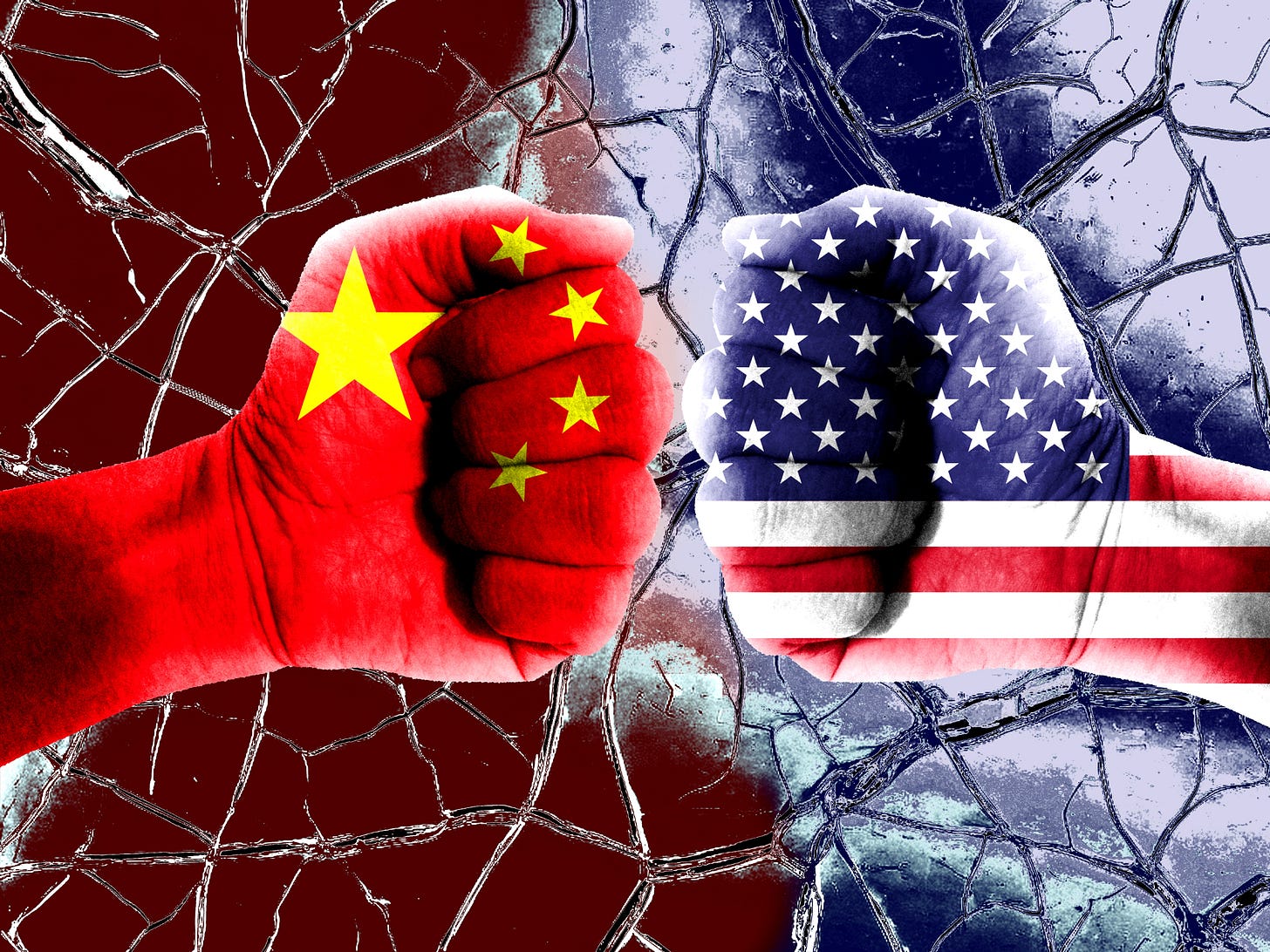Amid the US Federal Communications Commission’s (FCC) ongoing investigations into alleged sanctions evasion by Huawei and eight other Chinese companies, Chinese Premier Li Qiang signed an order to implement new rules under the "Anti-Foreign Sanctions Law." The move, effective immediately, underscores China's intent to counter foreign sanctions with retaliatory measures.
This action sharply contrasts Li’s remarks just a day earlier at the China Development Forum, where he emphasized China’s commitment to openness and cooperation.
“In today’s world, where economic fragmentation is intensifying and instability and uncertainty are rising, China will steadfastly promote open cooperation. It hopes that entrepreneurs will work together sincerely to resist unilateralism and protectionism,” Li said in his keynote speech to over 700 participants, including representatives from 27 American companies.
The US has imposed sanctions on Chinese entities listed on its Entity List, restricting exports of semiconductor and AI technologies, while China also retaliated with tariffs on American farm products, export restrictions on rare earth elements, and electrical vehicle battery technologies. It is worth noting that tariffs on Chinese goods, first imposed under President Donald Trump, remain in place. But an additional 20% was imposed earlier in March, and further reciprocal tariffs potentially coming as early as April.
The new anti-sanctions regulations authorize sweeping countermeasures against individuals or entities involved in implementing foreign sanctions against China. Those targeted may face:
Asset Seizures: Movable property, real estate, intellectual property, securities, and other assets within China can be seized or frozen.
Travel Restrictions: Individuals may be denied entry into China or deported.
Business Limitations: Entities could be barred from conducting trade or business with Chinese organizations and individuals or restricted from importing/exporting goods and technologies.
These measures carry significant implications for multinational corporations (MNCs) with longstanding operations in China. The risks extend beyond financial penalties to potential disruptions in global supply chains and intellectual property rights. Notably, historical precedents from 1949—when the Chinese Communist Party nationalized foreign assets—serve as a stark reminder of the potential vulnerabilities faced by foreign businesses operating in China.
China’s anti-sanctions law also introduces risks of escalation in economic decoupling. By targeting primary actors, their affiliates, and senior managers, the law increases the stakes for companies navigating conflicting obligations between Western sanctions regimes and Chinese countermeasures. Furthermore, sectors critical to global trade—such as semiconductors, rare earths, and advanced technologies—may see heightened disruptions as China leverages its control over key resources.


Please, seize all Tesla assets in China ❤